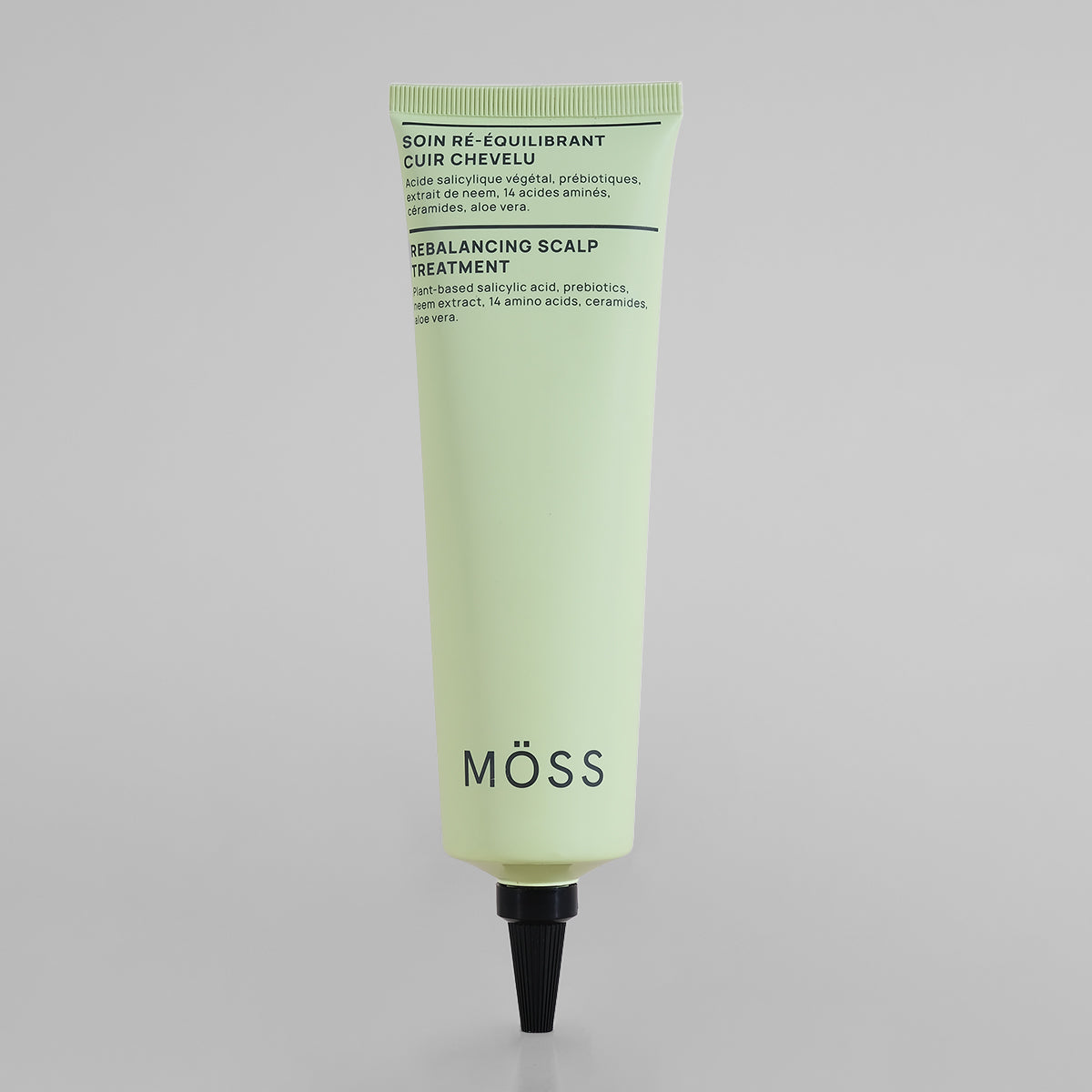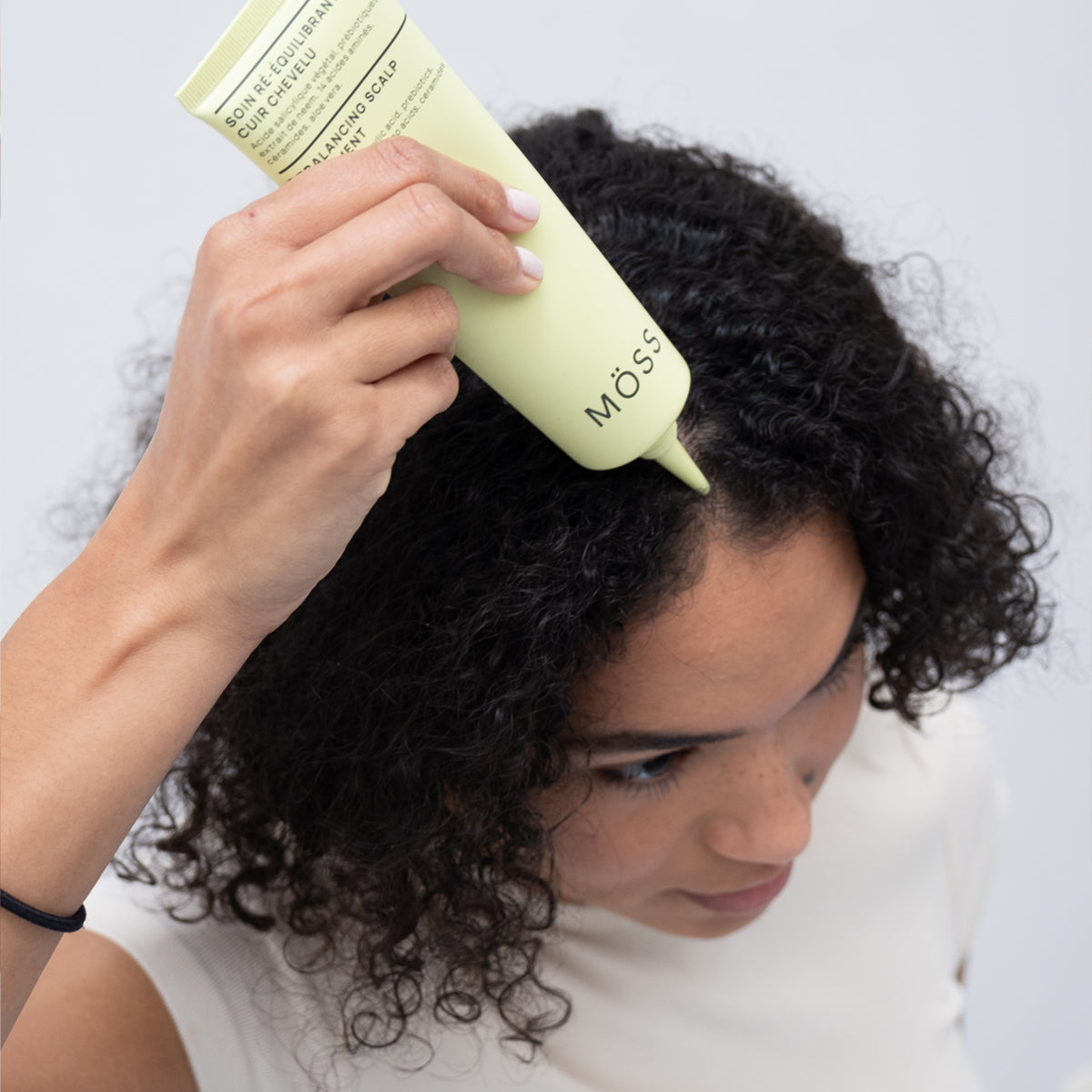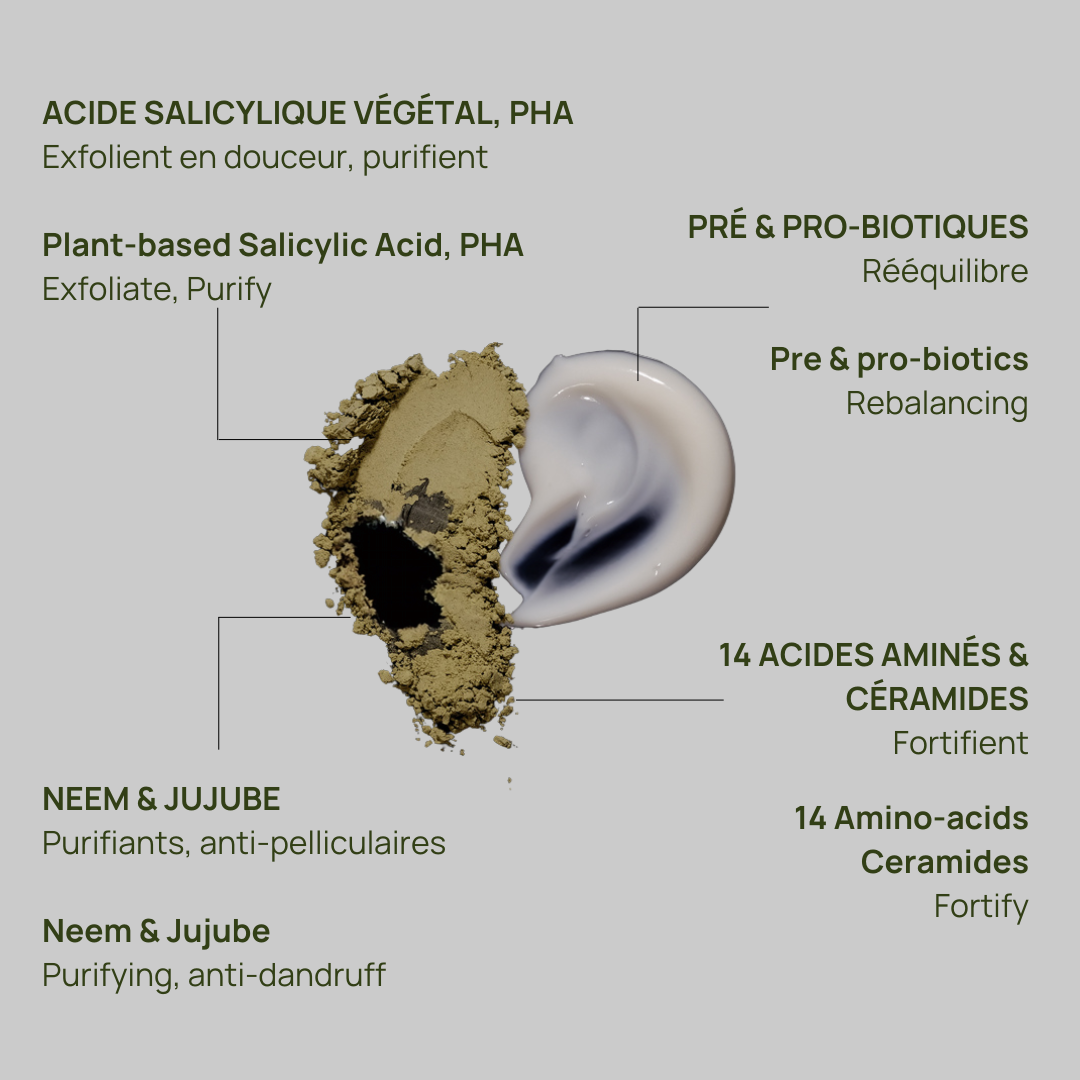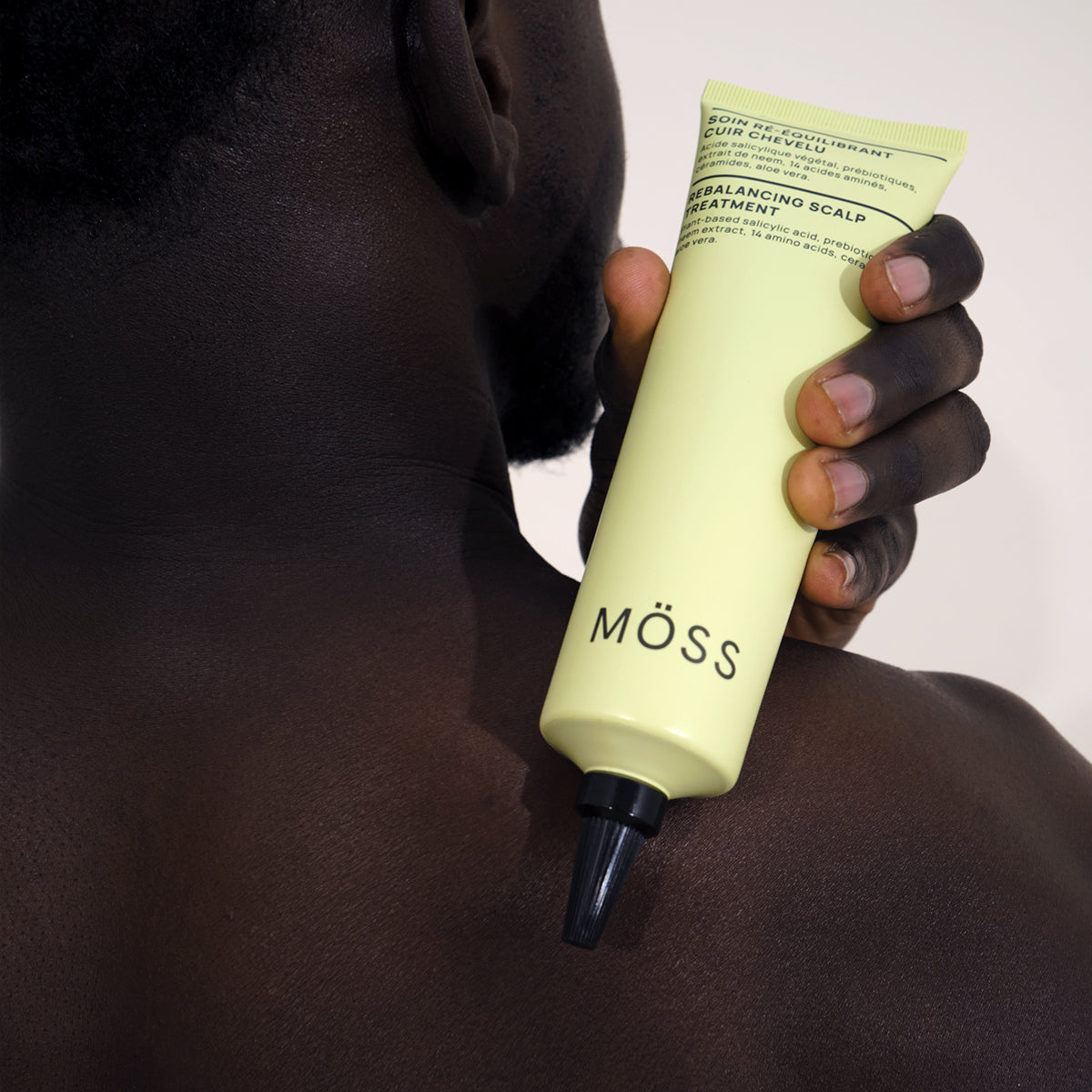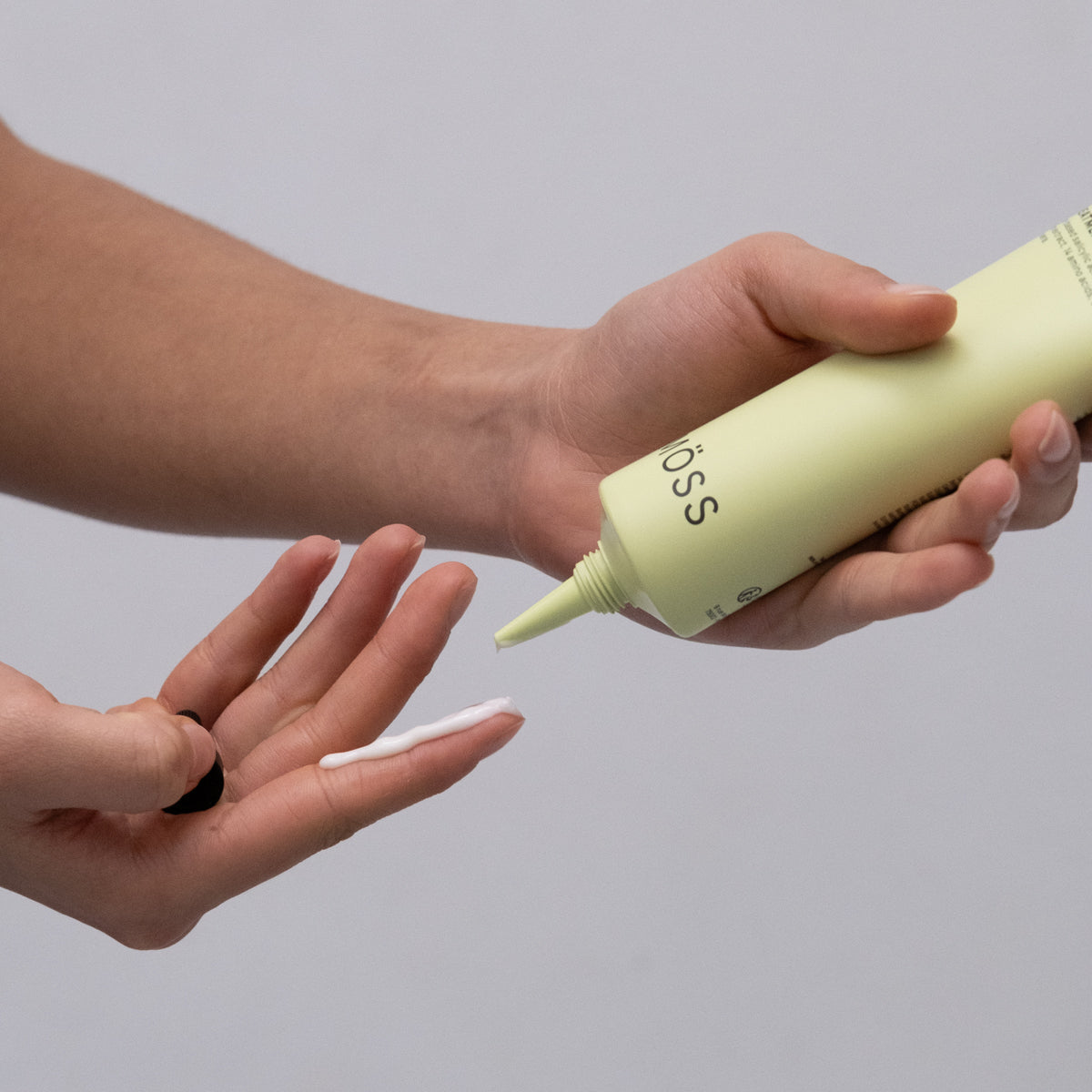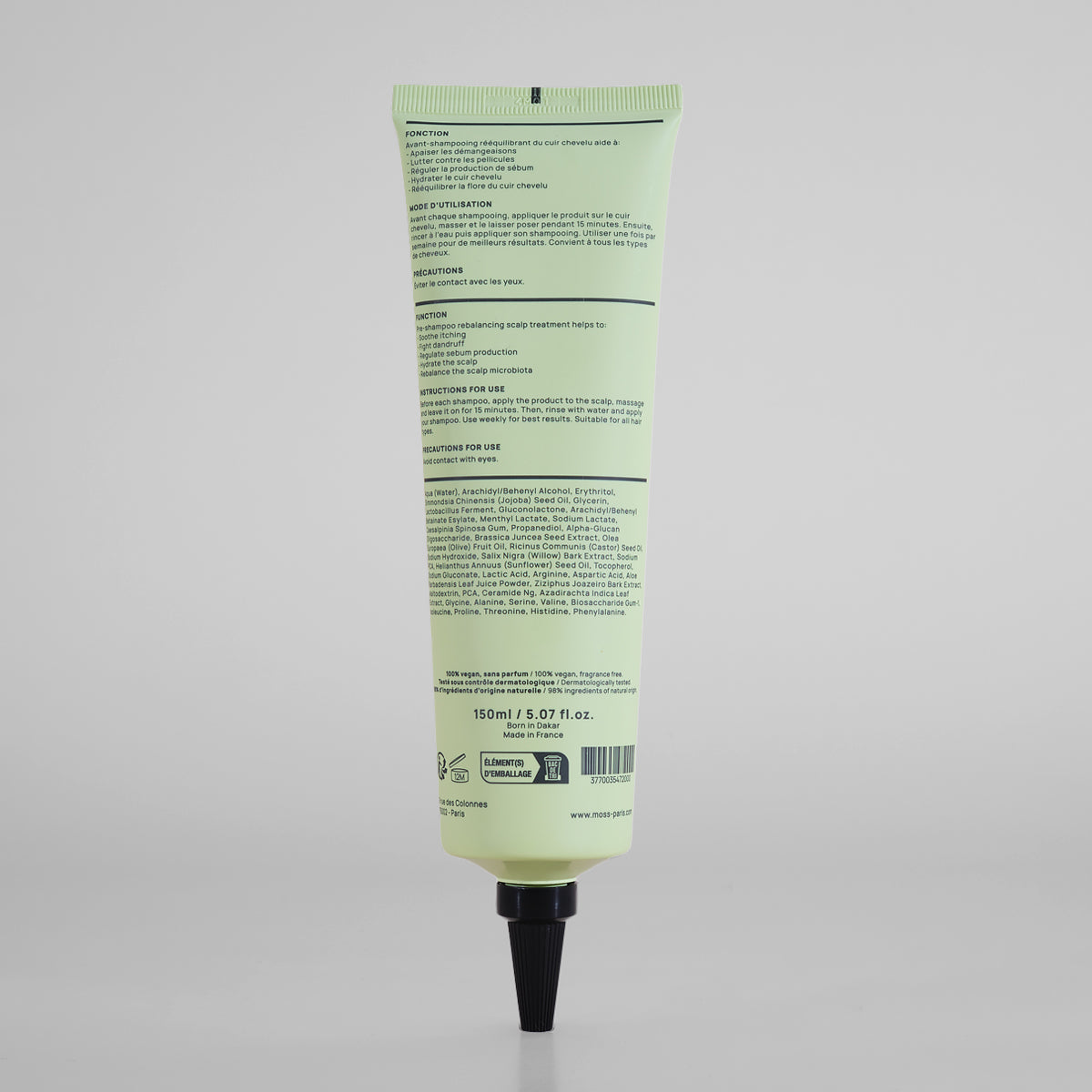Hair loss and the hormone responsible: DHT
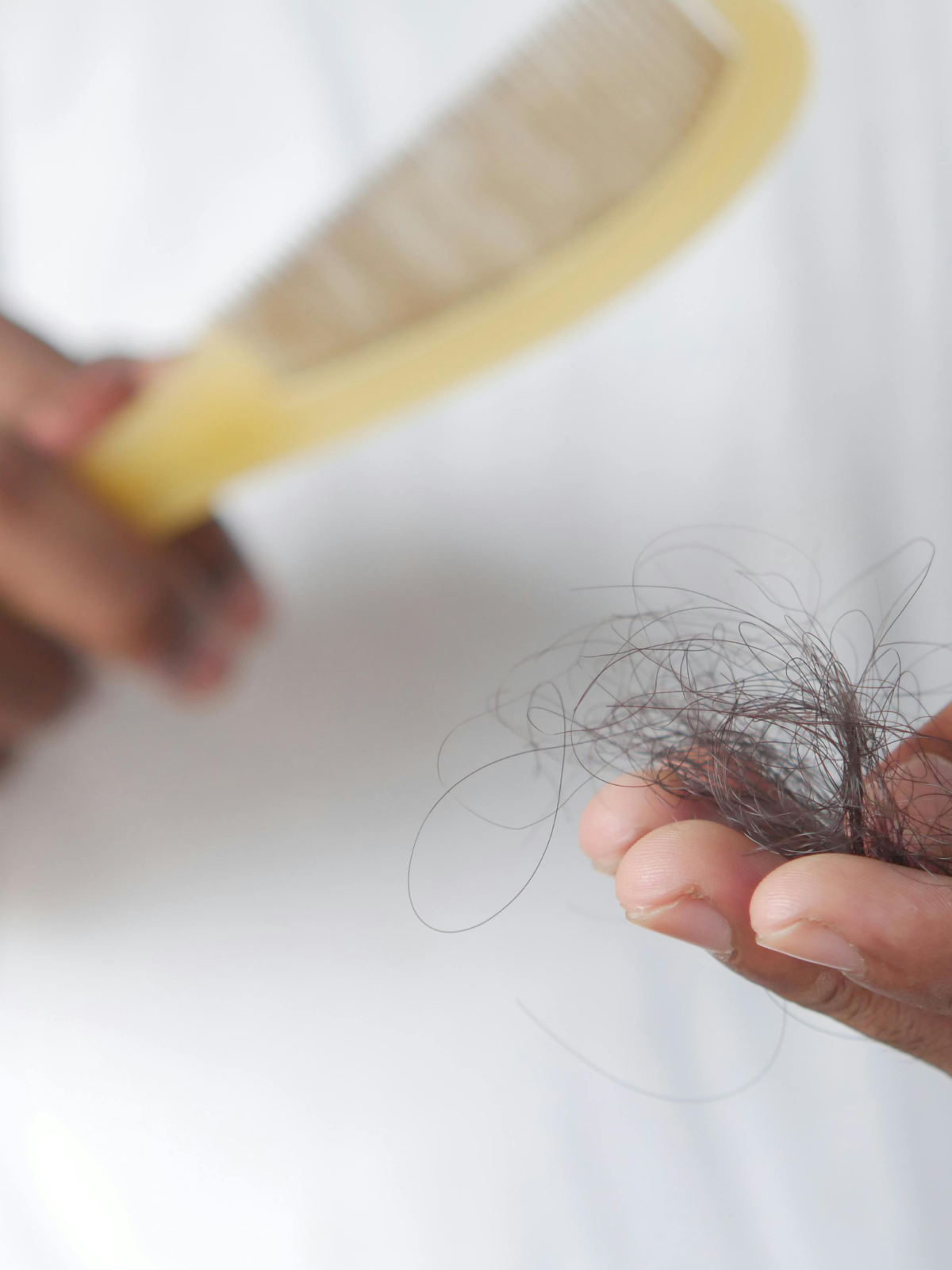
Hair loss is a common problem that affects both men and women. Among the most common causes, there is a very specific hormone: DHT , or dihydrotestosterone. But what is DHT, and how does it affect our hair? Let’s dive into the details to better understand this phenomenon.
What is DHT?
DHT is a hormone derived from the testosterone , a male sex hormone present in men and, in lesser amounts, in women. Under the action of an enzyme called 5-alpha reductase , testosterone is converted to DHT. This hormone plays a key role in the development of male characteristics, but it can also have adverse effects, especially on hair.
How does DHT affect hair?
When DHT is produced in excess, it binds to hair follicle receptors located on the scalp. This connection triggers a chain reaction that affects the health of the hair:
-
Miniaturization of hair follicles : DHT causes hair follicles to gradually shrink, making them smaller and less able to produce strong hair.
-
Weakening of hair : The hair produced by these miniaturized follicles is finer, more fragile and tends to fall out more easily.
-
Gradual fall : Over time, the affected follicles stop producing new hair, leading to visible hair loss.
This process, known as androgenetic alopecia , is the most common form of hair loss. It mainly affects men, but women can also be affected.
What can you do to combat DHT-related hair loss?
Fortunately, there are solutions to limit the effects of DHT on hair:
-
Use DHT inhibitors : Some serums and hair treatments contain active ingredients that block the action of 5-alpha reductase, thereby reducing the production of DHT.
-
Adopt a suitable hair routine : Choose gentle, nourishing products to strengthen hair and stimulate the scalp.
-
Consult a professional : A dermatologist or trichologist (hair specialist) can help you identify the exact cause of your hair loss and develop a personalized treatment plan.
DHT is a key player in the hair loss process, but understanding its role allows you to better act to preserve the health of your hair. By adopting the right actions and consulting a professional if necessary, it is possible to limit its effects and regain stronger and denser hair.
